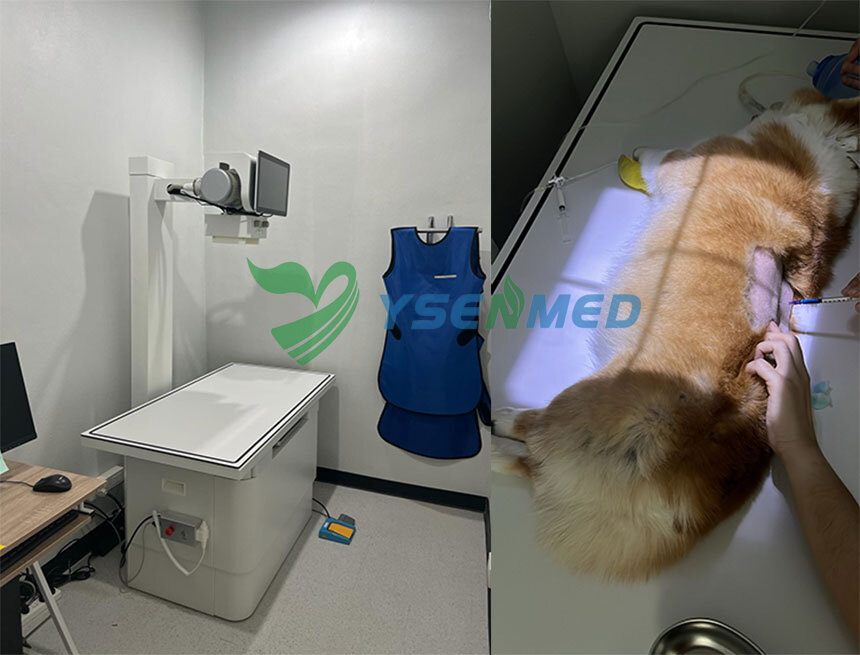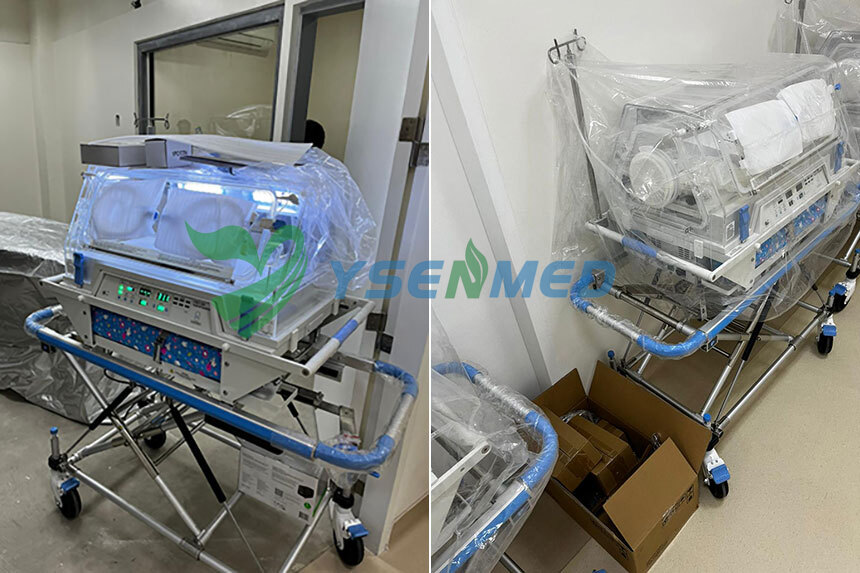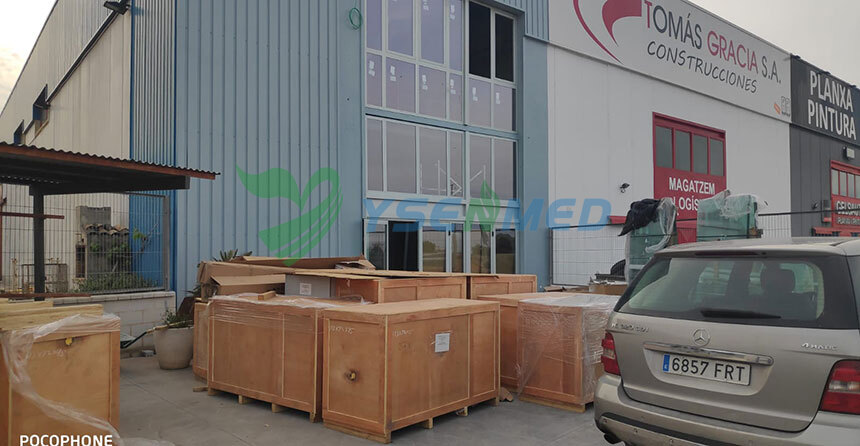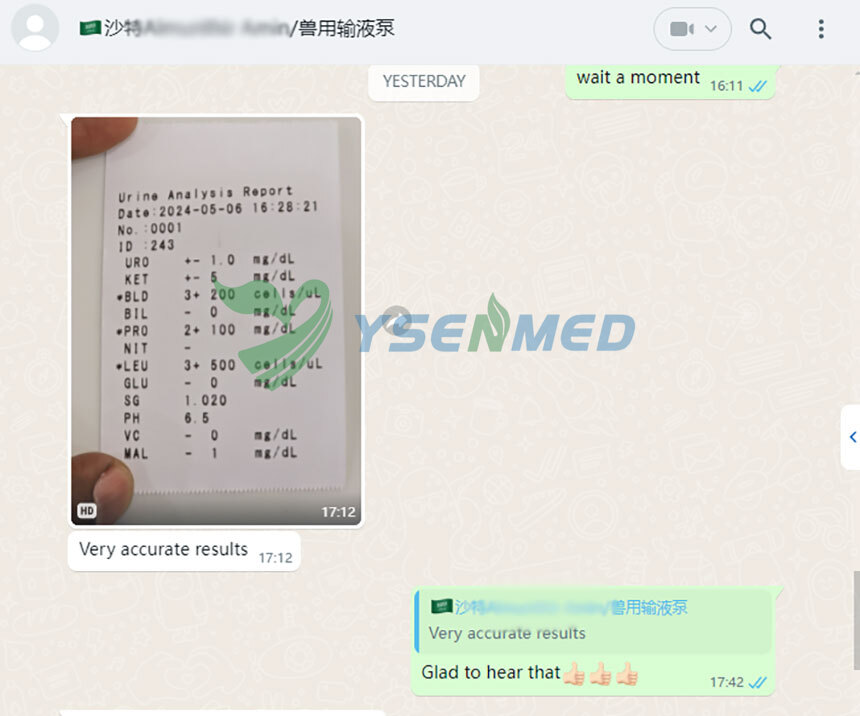Title: From Emergency to Routine: The Expanding Applications of Portable Blood Gas Devices
Introduction
Portable blood gas devices have transformed the way healthcare professionals assess critical parameters in patients, providing rapid and reliable results at the point of care. Initially used primarily in emergency and critical care settings, these portable devices are increasingly finding applications in routine clinical practice, revolutionizing patient care and diagnostic efficiency. In this comprehensive article, we explore the expanding applications of portable blood gas devices, highlighting how they are reshaping healthcare delivery from emergency to routine settings.
Understanding Portable Blood Gas Devices
Portable blood gas devices, often referred to as point-of-care blood gas analyzers, are compact instruments that measure essential blood parameters, including oxygen (O2), carbon dioxide (CO2), pH, bicarbonate (HCO3-), and electrolytes. These devices provide quick results, allowing healthcare professionals to make informed decisions in real-time without the need to send samples to central laboratories.
Key Features of Portable Blood Gas Devices
Portable blood gas devices are designed to be user-friendly and efficient, with features that enhance their utility in various clinical settings:
Rapid Results:
One of the primary advantages of portable blood gas devices is their ability to provide rapid results, often within minutes. This quick turnaround time is crucial in emergency and critical care situations, allowing healthcare professionals to make swift decisions that can save lives.
Compact and Portable Design:
These devices are designed to be compact and portable, making them easy to transport and use in different clinical environments. Their portability allows healthcare providers to conduct blood gas analysis at the patient's bedside, in ambulances, or in remote settings.
User-Friendly Interface:
Portable blood gas devices typically feature intuitive interfaces and easy-to-use controls. This simplicity reduces the learning curve for healthcare providers and minimizes the risk of errors during blood gas analysis.
Minimal Sample Volume:
These devices require only a small volume of blood for analysis, making them suitable for use in neonatology and pediatrics, where obtaining larger blood samples can be challenging. The minimal sample volume also reduces patient discomfort during blood collection.
Integration with Electronic Health Records (EHR):
Many portable blood gas devices can integrate with electronic health record systems, allowing for seamless data transfer and documentation. This integration enhances workflow efficiency and reduces the risk of transcription errors.
Expanding Applications of Portable Blood Gas Devices
Portable blood gas devices are no longer limited to emergency and critical care settings. Their versatility and rapid results have led to expanding applications across various clinical specialties. Let's explore some of the key areas where these devices are making a significant impact:
Emergency and Critical Care:
Portable blood gas devices are essential in emergency and critical care settings, where rapid assessment of a patient's respiratory and metabolic status is crucial. These devices allow healthcare providers to quickly evaluate blood gas parameters, enabling prompt diagnosis and treatment of life-threatening conditions such as respiratory failure, shock, and metabolic acidosis.
Anesthesiology and Perioperative Care:
In anesthesiology and perioperative care, portable blood gas devices are used to monitor patients during surgery and in the recovery room. The ability to obtain rapid blood gas results helps anesthesiologists adjust ventilation, oxygenation, and other parameters during procedures, ensuring patient safety and reducing the risk of complications.
Neonatology and Pediatrics:
Portable blood gas devices are valuable tools in neonatology and pediatrics, where rapid assessment of critically ill infants and children is essential. These devices allow neonatologists and pediatricians to monitor blood gas parameters in real-time, aiding in the diagnosis and management of respiratory distress, congenital heart defects, and other conditions.
Respiratory Care and Pulmonology:
Respiratory therapists and pulmonologists use portable blood gas devices to assess patients with respiratory conditions such as chronic obstructive pulmonary disease (COPD), asthma, and pulmonary fibrosis. The quick results provided by these devices help guide oxygen therapy, ventilation strategies, and other respiratory interventions.
Cardiology:
In cardiology, portable blood gas devices are used to assess patients with heart-related conditions, such as acute myocardial infarction and heart failure. These devices allow cardiologists to monitor patients' oxygenation and acid-base status, guiding treatment decisions and improving patient outcomes.
Sports Medicine and Exercise Physiology:
Portable blood gas devices are increasingly used in sports medicine and exercise physiology to monitor athletes' respiratory and metabolic responses during exercise. This information helps coaches and sports medicine professionals tailor training programs and assess athletes' performance and recovery.
Benefits of Portable Blood Gas Devices
The benefits of portable blood gas devices are numerous, contributing to their expanding applications in healthcare. Here are some of the key advantages:
Rapid Decision-Making:
The quick results provided by portable blood gas devices enable healthcare professionals to make rapid decisions, which is critical in emergency and critical care situations. This speed can be the difference between life and death in some cases.
Improved Workflow Efficiency:
Portable blood gas devices streamline workflow by allowing healthcare providers to conduct tests at the point of care. This efficiency reduces the need for central laboratory processing, saving time and resources.
Enhanced Patient Care:
The rapid results and minimal sample volume of portable blood gas devices enhance patient care by reducing discomfort and enabling immediate intervention. Patients benefit from quicker diagnoses, reduced wait times, and more effective treatment plans.
Flexibility and Portability:
The compact and portable design of these devices provides flexibility in their use. Healthcare providers can conduct blood gas analysis in various settings, from emergency rooms to remote clinics, enhancing access to critical diagnostic information.
Integration with EHR Systems:
The integration of portable blood gas devices with electronic health record systems facilitates seamless data transfer and reduces the risk of transcription errors. This integration enhances workflow efficiency and supports coordinated patient care.
Conclusion
Portable blood gas devices are transforming the way healthcare professionals assess critical blood parameters, providing rapid and reliable results at the point of care. Their expanding applications across various clinical specialties demonstrate their versatility and impact on healthcare delivery. From emergency and critical care to anesthesiology, neonatology, and sports medicine, these devices are reshaping patient care and diagnostic efficiency.
As healthcare continues to evolve,
portable blood gas devices will play an increasingly important role in advancing patient care and improving outcomes. By embracing the benefits of these devices, healthcare providers can ensure that they have the tools they need to make rapid, informed decisions and deliver high-quality care to their patients.




